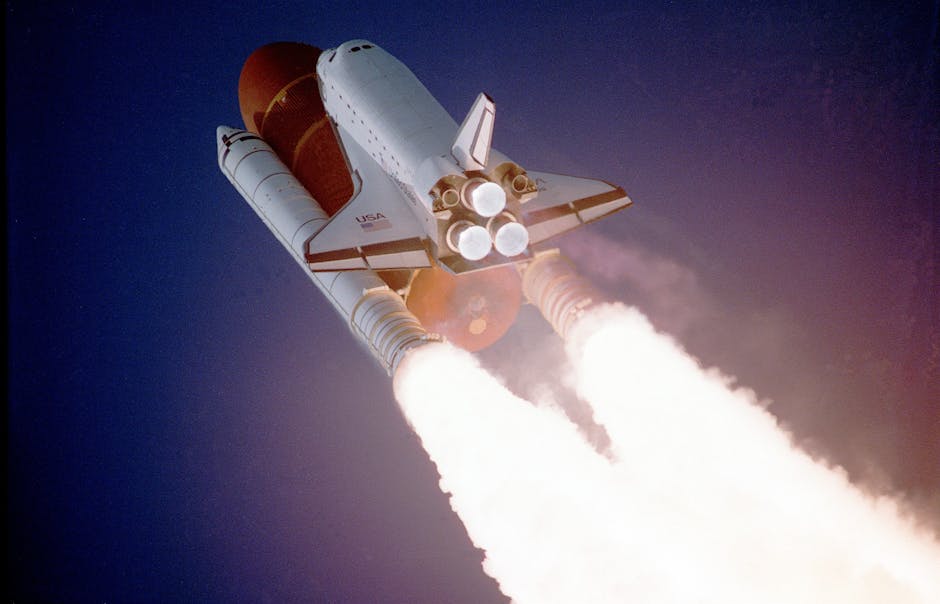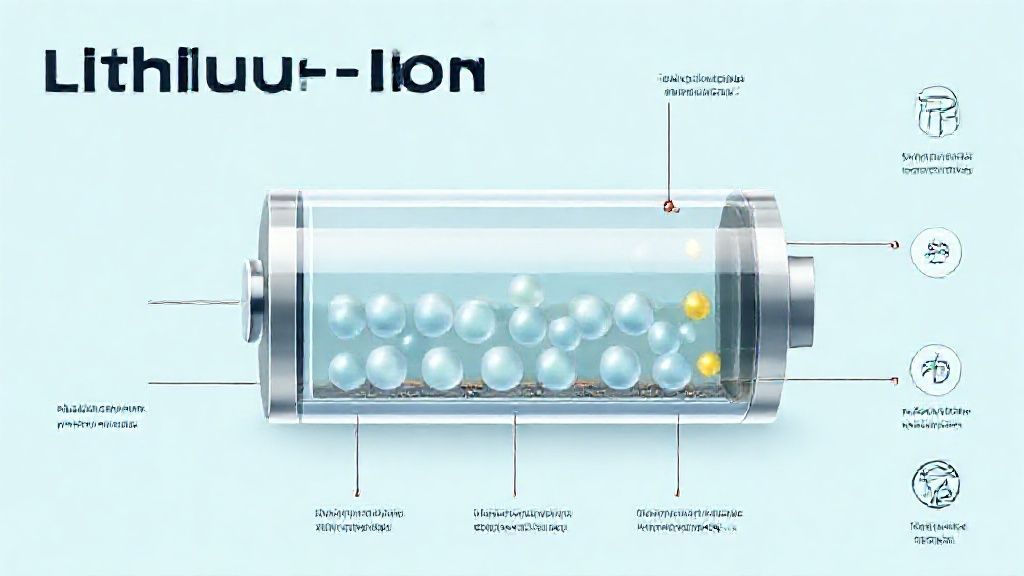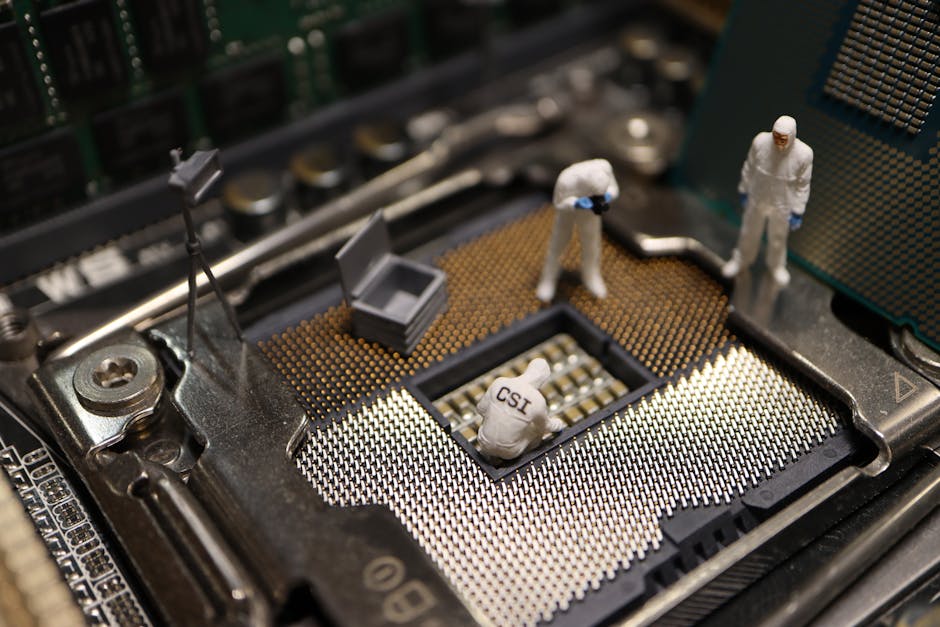Rocket Lab’s recent announcement regarding the delay of its Neutron rocket launch has sparked discussions about the intricacies of space vehicle development. You’ll learn to assess Neutron’s launch timeline in this piece. The initial launch date, originally slated for this year, has been pushed back, prompting a closer examination of the factors influencing this decision. This article provides a detailed analysis of the announcement, offering insights into the company’s strategic approach and the broader implications for the space industry. The delay, while disappointing to some, underscores the complexities involved in bringing a new rocket to the launch pad, requiring a deep understanding of the engineering, testing, and regulatory processes. We will explore the revised timeline, the rationale behind the delay, and the company’s commitment to ensuring Neutron’s success.
On This Page
We Also Published
Rocket Lab’s Neutron Rocket Delayed: A Realistic Outlook
During a recent earnings call, Rocket Lab’s CEO, Peter Beck, announced that the launch of the Neutron rocket would be delayed. This decision, while not unexpected, marks a significant shift in the company’s timeline for its medium-lift launch vehicle. This article delves into the reasons behind the delay, the implications for Rocket Lab, and the broader context of the challenges inherent in developing new rockets.
The New Timeline and the Rationale Behind It
The revised schedule now targets the first quarter of next year for Neutron’s arrival at Launch Complex 2 in Virginia. The initial launch is slated to follow shortly thereafter. Beck emphasized that Rocket Lab would not be pressured by arbitrary deadlines, prioritizing a meticulous approach to ensure the rocket’s success. This methodical strategy is crucial, given the complex nature of space flight hardware development.
The Proven Rocket Lab Process
Rocket Lab’s success with the Electron rocket and other space vehicles showcases its proven process. This method prioritizes rigorous testing and refinement, allowing the team to identify and rectify potential issues on the ground before the first launch. The company’s commitment to this approach is evident in the “meaty” testing phase, where components are assembled and evaluated for the first time.
Financial Considerations and Investment
The company is investing significantly in the Neutron project, with a quarterly cost of \$15 million for the team working on it. Originally, the estimated development cost was between \$250 million and \$300 million. However, due to delays, the total cost is now projected to be around \$400 million by the end of this year.
Challenges and Future Prospects
The development of a new rocket presents numerous challenges. The company still needs to complete acceptance and structural testing of large components, assemble the stages, integrate them at the launch site, and conduct hot fire tests. Given the complexity of these tasks, a launch during the summer of 2026 appears to be a realistic timeline.
Neutron’s Demo Flight and Future Missions
The inaugural Neutron launch will serve as a demonstration flight without customer payloads. However, the second mission is planned to carry a paying customer. Rocket Lab also intends to attempt a landing on the second mission, using the “Return on Investment” drone ship. This strategy reflects Rocket Lab’s commitment to reusability and cost-effectiveness.
Charting the Future Landscape
The delay of the Neutron launch reflects the inherent challenges in rocket development. However, Rocket Lab’s methodical approach and proven track record with the Electron rocket suggest that a successful launch, even if delayed, is highly probable. The company’s commitment to its process, combined with its investment in Neutron, positions it for long-term success in the competitive space launch market. This methodical approach will allow Rocket Lab to ensure Neutron’s success and maintain its reputation for reliable and innovative space hardware.
| Aspect | Details | Implications |
|---|---|---|
| Launch Delay | Neutron’s launch delayed to Q1 2026, with the first launch planned for the summer of 2026. | Reflects the complexity of rocket development and the importance of thorough testing. |
| Development Costs | Estimated cost of \$400 million by the end of 2025. | Significant investment demonstrating Rocket Lab’s commitment to Neutron. |
| Testing Process | Rigorous testing and refinement process, mirroring the Electron rocket’s success. | Prioritizes reliability and mitigates risks before the first launch. |
| Launch Strategy | First launch as a demonstration flight; second launch with a paying customer. | Demonstrates a phased approach to commercial operations. |
Also Read
From our network :
- 10 Physics Numerical Problems with Solutions for IIT JEE
- Mastering DB2 LUW v12 Tables: A Comprehensive Technical Guide
- https://www.themagpost.com/post/analyzing-trump-deportation-numbers-insights-into-the-2026-immigration-crackdown
- 98% of Global MBA Programs Now Prefer GRE Over GMAT Focus Edition
- EV 2.0: The Solid-State Battery Breakthrough and Global Factory Expansion
- Mastering DB2 12.1 Instance Design: A Technical Deep Dive into Modern Database Architecture
- Vite 6/7 'Cold Start' Regression in Massive Module Graphs
- AI-Powered 'Precision Diagnostic' Replaces Standard GRE Score Reports
- https://www.themagpost.com/post/trump-political-strategy-how-geopolitical-stunts-serve-as-media-diversions
RESOURCES
- Using neutron activation to assess heavy metal pollution in water …
- Assessment of the National Institute of Standards and Technology …
- A refined numerical simulation approach to assess the neutron …
- Assessing the Relative Biological Effectiveness of Neutrons across …
- An Assessment of the Center for Neutron Research at the National …
- A Critical Assessment of Boron Neutron Capture Therapy: An …
- Technology Assessment: Neutron Detectors: Alternatives to Using …
- Assessment of the retrospective and prospective economic impacts …
- Assess the Feasibility of Using a Compact Gamma-Ray and Neutron …
- Implementation and assessment of the black body bias correction in …








3 Comments